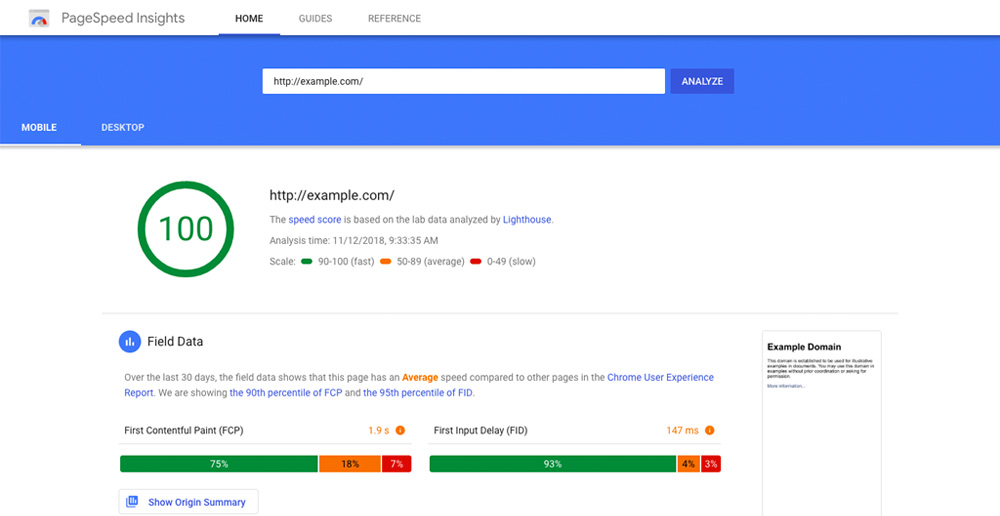The internet has revolutionised how we shop, and customers have quickly adapted. Given this, if you haven’t already, transitioning your physical business into an online store makes sense. You’ll be ahead of the competition with an already-loyal customer base who will be excited to see your expansion into the online world. But how do you begin? It’s easier than you think!
1. Pick a website platform
Choosing the right platform to host your eCommerce website – such as WordPress – should be the first step of your online transition. With so many to choose from, keep functionality at the forefront of your mind, as it’ll need to be able to handle frequent and multiple digital uploads, including photographs and videos. It should also be easy to use for someone who’s potentially new to eCommerce – or, at the very least, jargon-free and uncomplicated.
Here are a few relevant questions you should ask yourself to help you define exactly what you’re looking for:
- What is my budget?
- Do I have the ability to handle my store’s products and services effectively?
- What web security options am I thinking of?
- What customer support features does the store need?
- What does it take to integrate the online store with my existing POS, CRM, accounting, and shipping?

2. Optimise and improve
Running your online store is not vastly different from managing your classic physical store. A physical store needs you to implement as many strategies as possible to increase sales, and an online store has the same needs. You have to make several decisions to respond to trends, sales, stock levels, etc. This includes optimising your site for tablet and mobile, providing payment and SSL security for your users and ensuring that your website is easy to use.
Make sure the website can help you to engage properly with customers via LiveChat and pop-ups, and just like your brick-and-mortar shop, ensure that it’s easy to navigate. After all, if people can’t find what they’re looking for, they’re unlikely to make a purchase otherwise. Don’t forget that when a customer is browsing online, it’s even easier for them to click away to another store, so being user-friendly is absolutely key.

3. Spread the word
Every store needs more customers, especially when they’re new to the online world. So, do your best to reach out to your audience and inform them of your eCommerce transition, as well as reaching further afield outside of your existing customer base through SEO, Paid media and Social Media advertising. Start with the launching of the website, its content and the countdown. This will amp up the excitement for current and prospective customers who will be keen to see how you’re evolving!
Do keep in mind that your social media account(s) should not be used for sales per se. Instead, make your pages places to meet your audience and interact with them honestly. Reply to questions, ask interactive questions and create real customer relationships. When you engage properly with your social media audience, you’ll further demand for your goods and ensure customers are keen to hear from you!
Remind customers that come to your shop on foot that you’re moving online, too. Have flyers by the till; put posters up around your shop; get chatting to people who have just popped in to browse. They’ll love that you’re giving them even more time to peruse what you have to offer! Do remember to confirm that Google and your local listings have the right information about your online store and the URL, otherwise it’ll make it a bit harder for those who are randomly searching you online to discover your eCommerce store.
4. Retargeting your customers
This is a strategy that helps your online store to grow. When you use paid ads to retarget customers that visit your site, you bring them back to your store, ultimately driving traffic back to your site and increasing your profit. Email marketing is great for this, because it connects you and your customers directly! It’s worth speaking to an eCommerce website agency to get this element of your new business venture off the ground, as you’ll want to make sure that your email subscribers really do want to hear from you.
Start your online transition today
Transitioning your business online is easy, but it takes the right strategies to succeed. Follow the tips above for a solid start, but give us a call today if you’d like a little hand in helping your business growth flourish!




